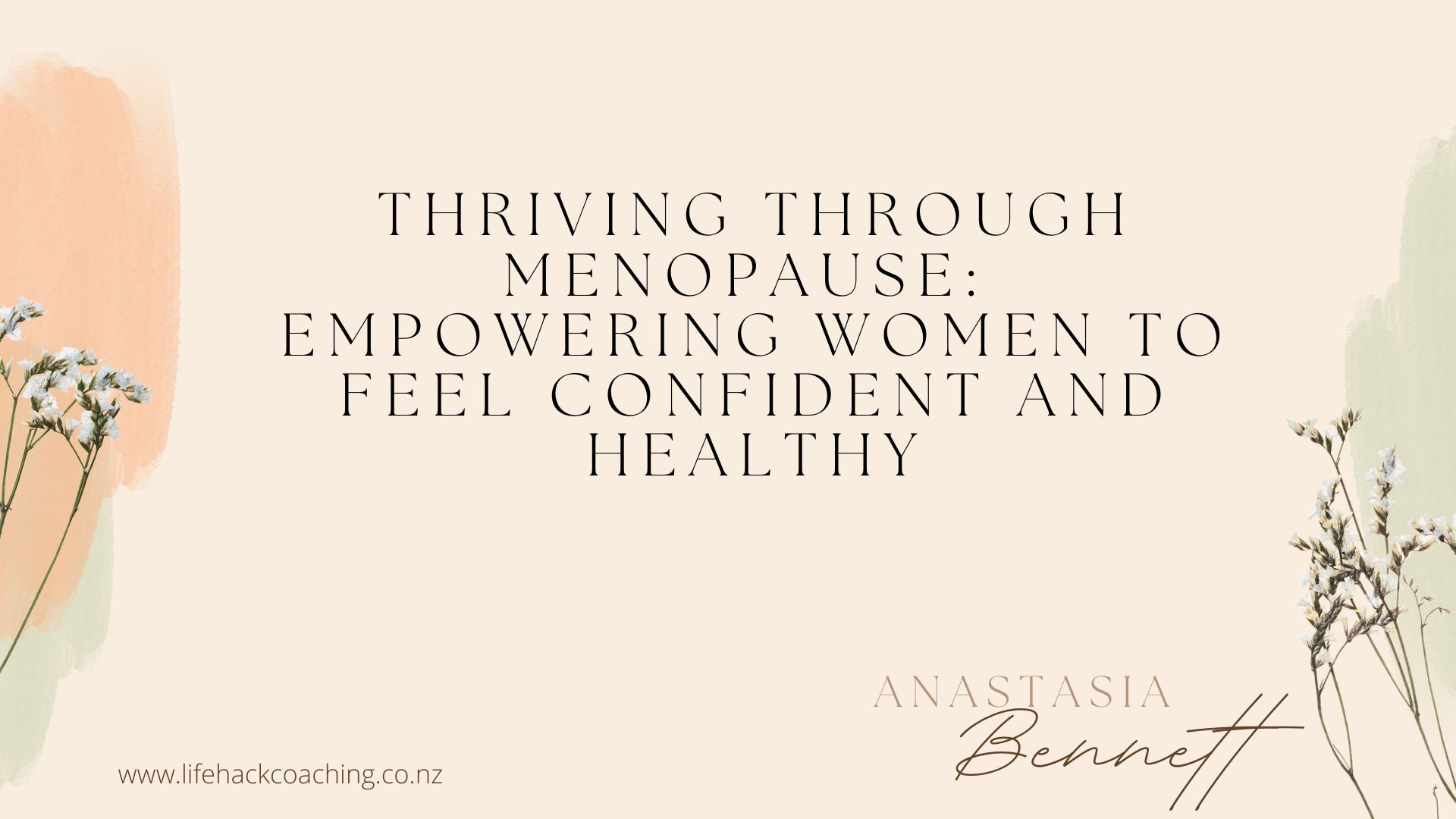Blog

Understanding Perimenopause: It’s Not Just Hot Flashes
Understanding Perimenopause: It’s Not Just Hot Flashes
When we talk about perimenopause, many people immediately think of hot flashes. While hot flashes are a common symptom, they’re just the tip of the iceberg. Perimenopause can bring a whole host of changes and challenges. Here’s a look at the most common symptoms and what’s happening in your body during this time.
Common Perimenopause Symptoms
Fatigue: Feeling constantly tired is one of the most frequent complaints. This can be due to hormonal fluctuations impacting your sleep and energy levels.
Heavy Periods: As your hormones become unbalanced, your menstrual cycle can become irregular, leading to heavier and more prolonged periods.
Weight Gain: Many women notice weight gain during perimenopause, particularly around the abdomen. This is partly due to hormonal changes slowing down your metabolism.
Mood Swings: Fluctuating hormone levels can lead to mood swings, making you feel irritable or down for no apparent reason.
Itchy Skin: Hormonal changes can affect your skin, leading to dryness and itchiness.
Brain Fog: Difficulty concentrating and forgetfulness are common issues as estrogen levels drop.
Rage: Sudden feelings of anger can be intense and surprising, often triggered by seemingly minor annoyances.
Anxiety and Depression: Hormonal shifts can lead to feelings of anxiety and depression, sometimes exacerbating existing conditions.
What’s Happening with Your Hormones?
During perimenopause, the levels of estrogen and progesterone in your body start to fluctuate unpredictably. Estrogen, in particular, can drop significantly, affecting many bodily functions. This hormonal imbalance can disrupt your sleep, metabolism, and mood, leading to the wide array of symptoms described above.
When Does Perimenopause Start?
Perimenopause can begin as early as your mid-30s, although it typically starts in your 40s. The transition phase leading up to menopause can last anywhere from 10 to 15 years. During this time, you might experience various symptoms to different degrees.
What is Menopause?
Menopause is officially diagnosed when you haven’t had a menstrual period for 12 consecutive months. The average age of menopause is 51, but it can vary widely. Perimenopause is the period leading up to this milestone, marked by the gradual decline in reproductive hormones.
How Long Does Perimenopause Last?
Perimenopause can last for a decade or more, with symptoms varying in intensity over time. For some women, the transition is relatively smooth, while for others, it can be a challenging period filled with many changes.
Understanding that perimenopause is more than just hot flashes can help you navigate this life stage with better awareness and preparedness. If you're experiencing these symptoms, remember that you’re not alone, and there are ways to manage and alleviate them. Talking to a healthcare provider or menopause coach like myself can help you find strategies that work for you, making this transition smoother and more manageable.
Take away
Perimenopause is a significant phase in a woman's life, marked by a variety of symptoms beyond just hot flashes. Recognizing and understanding these symptoms can empower you to take control of your health and well-being during this time. Whether it’s through lifestyle changes, medical interventions, or simply being kind to yourself, there are ways to manage perimenopause effectively. Remember, this transition is a normal part of life, and with the right support, you can navigate it with confidence and grace.

Perimenopause and Menopause
Masterclass 101
Thriving through menopause, encouraging women to feel
confident & healthy.